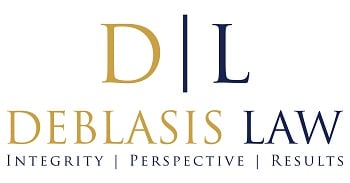In commercial real estate, sellers often use the term “as is” to describe the condition of a property. It signifies that the buyer accepts the property in its current state and does not expect the seller to make any repairs.
On the surface, the meaning of this term is easy to understand. However, its legal nuances have potential consequences for both the buyer and seller.
What “as is” means
When a seller lists a property “as is,” the buyer is purchasing the property with all its faults and imperfections. This status includes both visible and hidden defects. By agreeing to buy a property “as is,” the buyer assumes all the risks associated with the property’s condition.
Why sellers use “as is” clauses
Sellers often use “as is” clauses to protect themselves from future legal claims related to the property’s condition. By selling a property “as is,” sellers can avoid the responsibility of having to disclose every potential issue with the property and can limit their liability if problems arise after the sale.
How buyers can protect themselves
For buyers, purchasing a property “as is” requires careful consideration. Since the seller is not obligated to make any repairs or improvements, buyers must inspect the property and assess its condition before making an offer. Buyers must understand the risks involved and factor in the cost of any necessary repairs or upgrades when determining a property’s value.
When sellers can be liable
Even when advertising a property “as is,” sellers may still be liable for unsafe conditions they know about but do not disclose, such as toxic waste on the property. While the “as is” clause generally limits the seller’s responsibility, it does not absolve them of liability for intentional misrepresentation or fraud.
Sellers need to be honest and transparent about any known issues with the property, even in an “as is” transaction. Failing to disclose material facts could lead to legal action and significant financial consequences. Buyers should also conduct due diligence, including environmental assessments, to identify any potential risks associated with the property before completing the sale.
